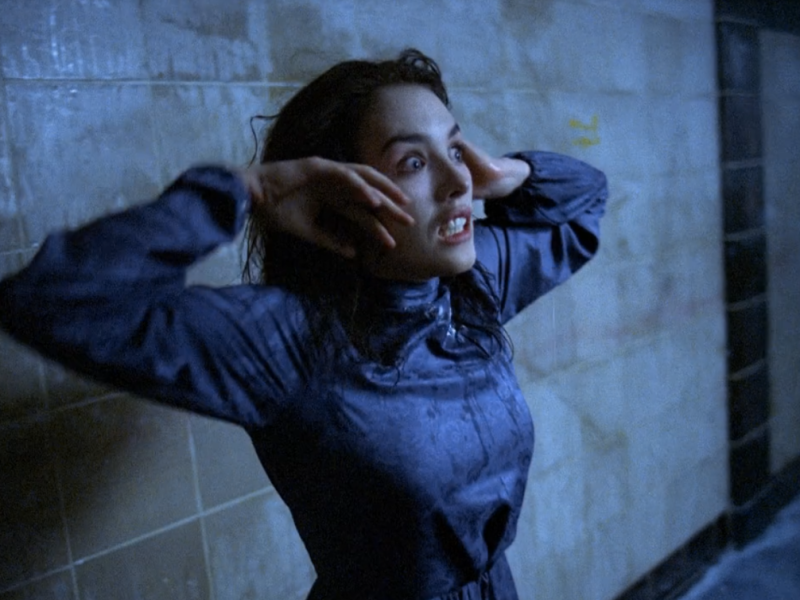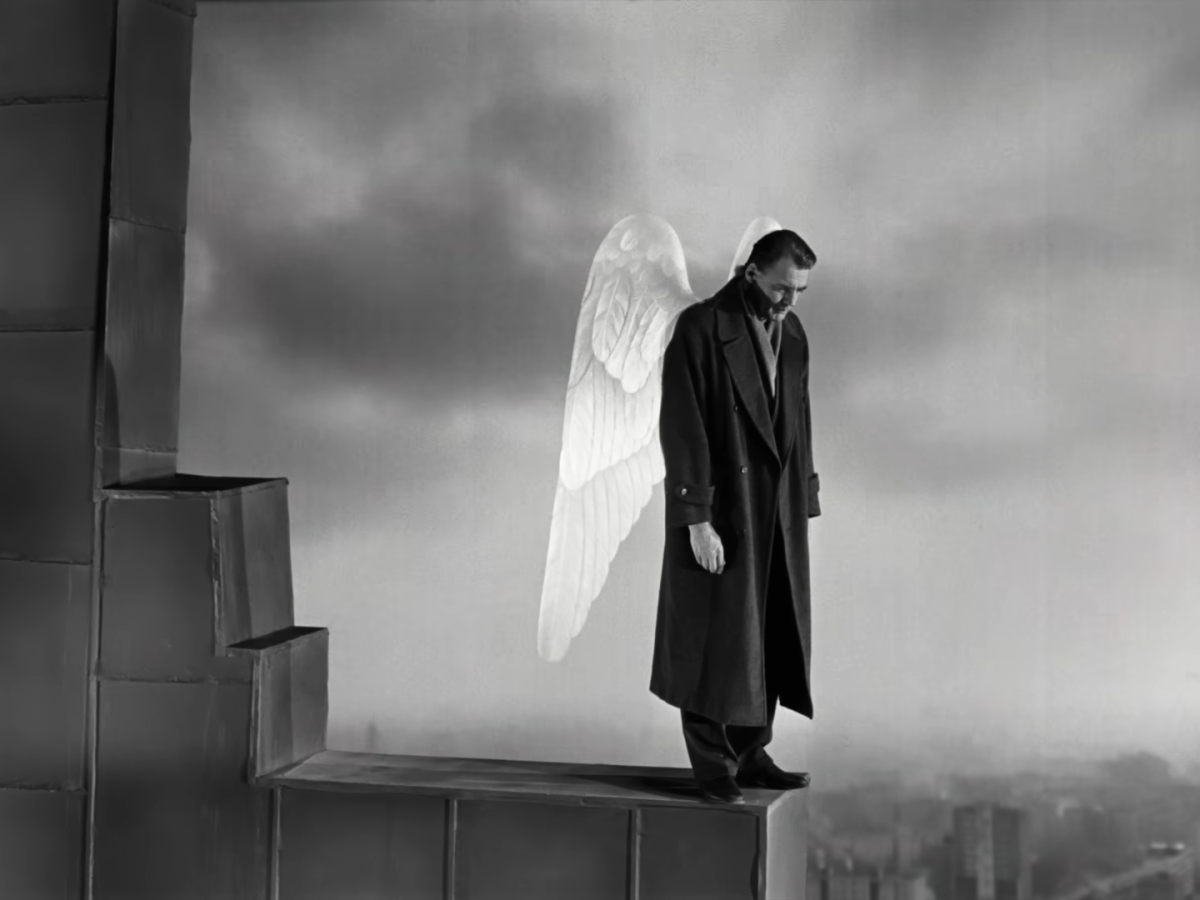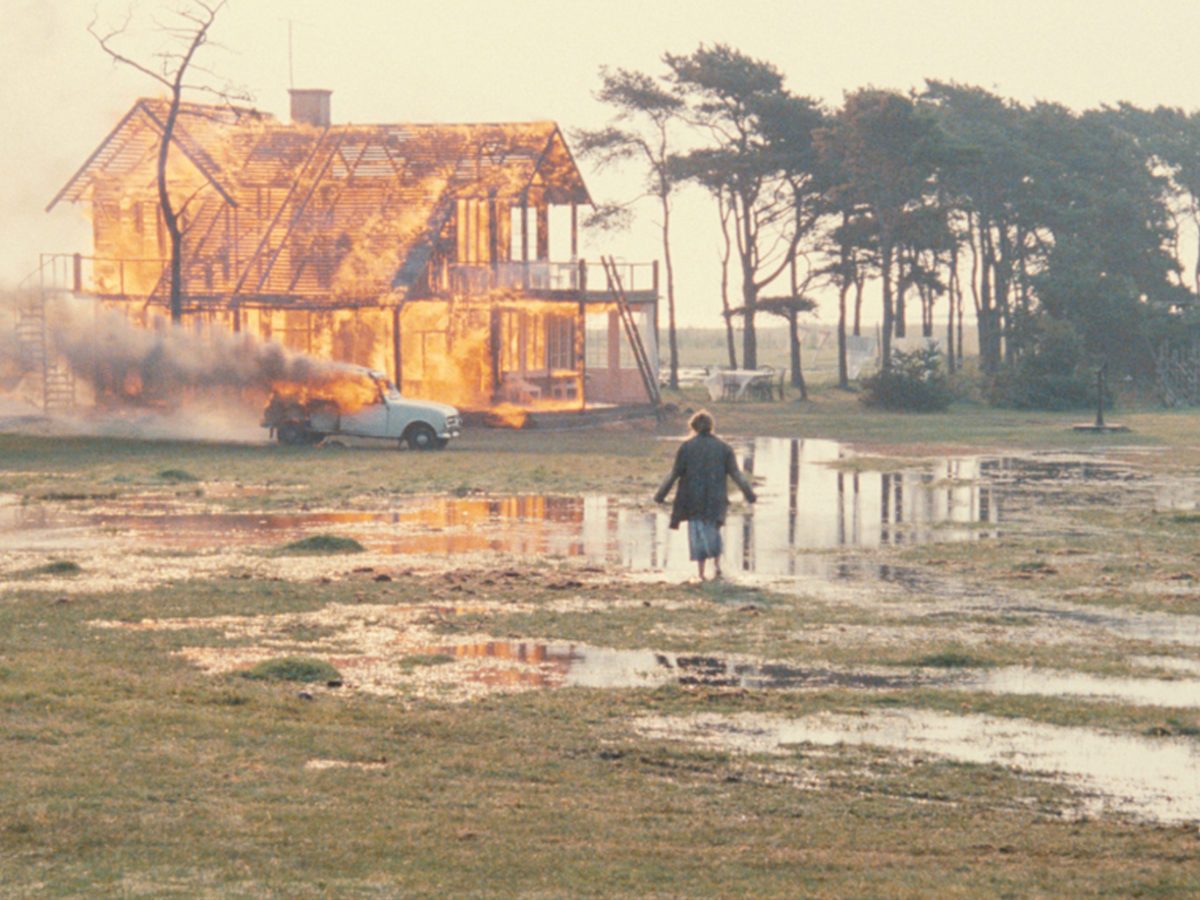
The Best Films of the 1980s Decade
The greatest films of the 1980s, from the end of New Hollywood to the rise of the modern blockbuster.

Possession (1981)
As married couple Anna and Mark stand on the precipice of divorce in Possession, a simmering mixture of revulsion, self-loathing, and cruelty boils over into public displays of insanity, exposing the depraved souls at the heart of Andrzej Żuławski’s terrifying allegory for divorce.
Keep reading
Lola (1981)
The image of post-war Germany that Rainer Werner Fassbinder composes in Lola is remarkably distinct from its 1905 source material, and yet its tragic romance between a middle-aged gentleman and young performer carries through with vibrant poignancy, melding social realism and colourfully heightened melodrama in a timeless fable of degraded honour.
Keep reading
Rumble Fish (1983)
Whatever optical restrictions are imposed by the legendary Motorcycle Boy’s colour blindness In Rumble Fish are drastically offset by the dreamy expressionism elongating every angle of Francis Ford Coppola’s visuals, offering a refreshingly eccentric perspective of 1960s gang warfare, urban Oklahoma, and its restless adolescents seeking to break free of their social confines.
Keep reading
Wings of Desire (1987)
The god’s-eye view of humanity that Wim Wenders grants us in Wings of Desire flies high above 1980s West Berlin with watchful angels, and swoops down low to tune into the intimate thoughts of its citizens, crafting a dreamy city symphony that finds childlike wonder in its everyday pleasures and private sufferings.
Keep reading
The Sacrifice (1986)
As if filtered through the prism of one man’s existential trepidation, Andrei Tarkovsky casts a delicate ethereality across the elemental textures and theological iconography of The Sacrifice, lulling us into the soothing despair of a looming nuclear holocaust that may or may not be averted through enormous spiritual offering.
Keep reading
Mishima: A Life in Four Chapters (1985)
The perfect synthesis of art and action in Mishima: A Life in Four Chapters is just as essential to Paul Schrader’s formal representation of Yukio Mishima as it is to the nationalistic writer himself, seeing the latter’s life and novels coalesce into a vibrant portrait of a traditionalist born out of time, as he rigorously pursues the reconciliation of aesthetic and spiritual beauty.
Keep readingLoading…
Something went wrong. Please refresh the page and/or try again.

